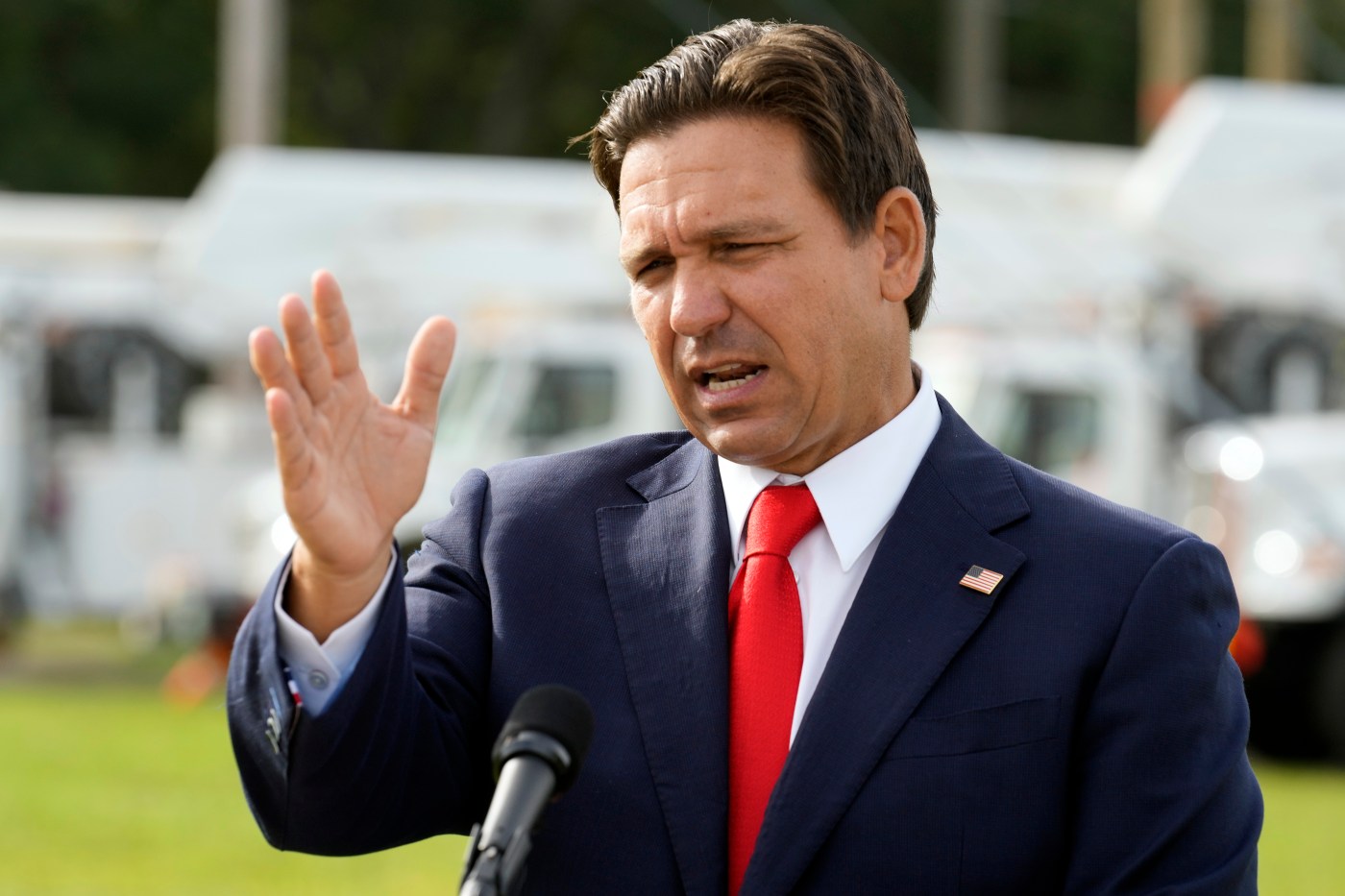
DeSantis calls special session on immigration
TALLAHASSEE, Fla. — Florida Gov. Ron DeSantis is calling state lawmakers into a special session to help carry out President-elect Donald Trump’s promises for a swift crackdown on immigration. But he’s facing pushback from the legislature’s Republican leaders, who have pledged their support for the incoming president but said a special session would be “premature” and “irresponsible.”
Trump is preparing more than 100 executive orders starting Day One of the new White House administration, in what amounts to a shock-and-awe campaign on border security, deportations and a rush of other policy priorities.
While Trump and his advisers have pledged mass deportations, many questions remain about how they would deport anywhere close to the 11 million people estimated to be in the country illegally.
DeSantis announced Monday he’s scheduling the special session for the week of Jan. 27, the week after Trump is sworn in, so that state lawmakers will be poised to help implement the incoming president’s policies immediately.
“State and local officials in Florida must help the Trump administration enforce our nation’s immigration laws,” DeSantis said. “In order to do that effectively, we are going to need legislation to impose additional duties on local officials and provide funding for those local officials.”
The Republican governor said he’s prepared to suspend elected officials from office if they are “neglecting their duties” under the new immigration mandates. DeSantis has removed multiple officials from office, including two state attorneys, arguing they were failing to prosecute certain crimes.
DeSantis said he anticipates allocating tens of millions of dollars in new funding to help state and local officials expand their enforcement and detention efforts and said he would consider activating the Florida National Guard and the Florida State Guard to carry out in-state enforcement measures.
“There also needs to be measures to hold people accountable who are violating our anti-sanctuary policies,” he said. “Florida needs to make sure that we don’t have any lingering incentives for people to come into our state illegally.”

